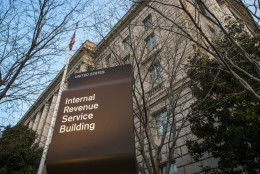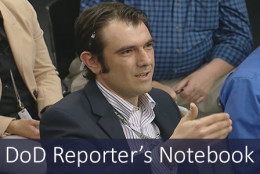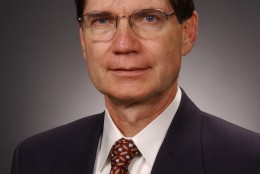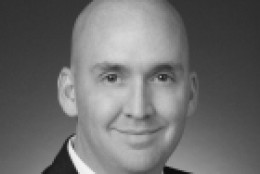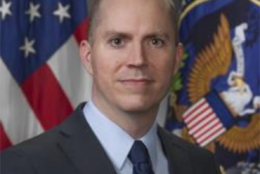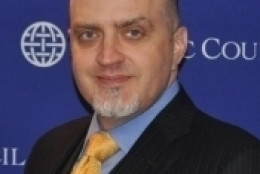Cybersecurity
-
Russ Spitler, the vice president of Product Strategy for AlienVault, argues that the Cybersecurity Information Sharing Act would be duplicative and prescriptive.
October 22, 2015 -
The White House issued the draft version of Circular A-130 updating the 15-year-old policy, specifically with a host of new definitions and requirements for protecting networks and systems.
October 21, 2015 -
The IRS and 20 tax industry organizations will share 20 new data sets with each other during the next tax filing season.
October 20, 2015 -
The American Postal Workers Union is telling members to avoid signing up for a database in light of the Postal Service 2014 cyber breach.
October 20, 2015 -
LaVerne Council, the Veterans Affairs Department's new CIO, is trying to take on long-standing cybersecurity problems and repair her office's relationship with Capitol Hill.
October 19, 2015 -
The service is implementing one of the few alternatives it has to a base realignment and closure (BRAC) round: moving soldiers and civilians out of its oldest buildings and shuttering them.
October 19, 2015 Pentagon leaders say it’s time to ratchet up the pressure on senior leaders to comply with existing security policies and better train their personnel on cyber hygiene.
October 19, 2015-
With the convention wrapped up, here's a list of major factors the Army is tackling, and what they're doing to improve them.
October 19, 2015 -
Email may be vital to the modern working world, but it's also a major target for hackers. Now, as part of Cybersecurity Awareness Month, the National Institute of Standards and Technology is aiming to help better secure it. NIST recently published a draft guidance on better email security, which is now available for comment. Curt Barker is a guest researcher at NIST, specializing in cybersecurity. Federal Drive host Tom Temin asks him if it's fair to say phishing attacks are the main way hackers get into corporate and federal networks.
October 16, 2015 -
The Veterans Affairs Department's new chief information officer is pushing projects her office can finish now, in the near-future and distant future. One of those early initiatives is the Enterprise Cybersecurity Strategy, which the VA submitted Sept. 28 to Congress.
October 16, 2015 -
Agencies in the intelligence community are further along than civilian departments in deploying insider threat programs. Some experts in the field say predictive analytics can help agencies move those initiatives from programs that react to an insider threat incident to ones that prevent them. Federal News Radio Reporter Nicole Ogrysko tells In Depth with Francis Rose where agencies are headed with their programs and what they have left to accomplish.
October 15, 2015 -
New cyber regulations for companies in the defense industrial base are mandatory instead of voluntary. Alex Major, associate in the Government Contracts, Investigations & International Trade Practice Group of Sheppard Mullin, wrote about the new regulations on the Sheppard Mullin blog and he tells In Depth with Francis Rose that contractors and subcontractors may have been drafted.
October 15, 2015 -
The cyber breaches at the Office of Personnel Management kicked Congress into high gear about making cyber security a priority for agencies. As hacking becomes an ever growing threat, agencies may soon follow the private sector by using insurance to keep its cyber protocols in check. Elana Broitman, shareholder at Greenberg Traurig, wrote about what drives good cyber hygiene for the New America Foundation. She explained it all to In Depth with Francis Rose.
October 14, 2015 -
The Intelligence Advanced Research Projects Activity is reviewing proposals to find the fastest and most accurate way to catch cyber attackers before they strike.
October 13, 2015 -
The Department of Homeland Security will reorganize the National Protection and Programs Directorate, but the agency has a long list of cyber responsibilities and goals. Deputy Secretary Alejandro Mayorkas talked about the agency's cyber portfolio at Columbia University in New York. Jay Healey, senior research scholar at Columbia University’s School of International and Public Affairs, hosted the discussion. He's also editor of the book "A Fierce Domain: Cyber Conflict, 1986 to 2012" and co-author of the "Cyber Security Policy Guidebook". He joined In Depth with Francis Rose to share what he heard at the discussion.
October 13, 2015


